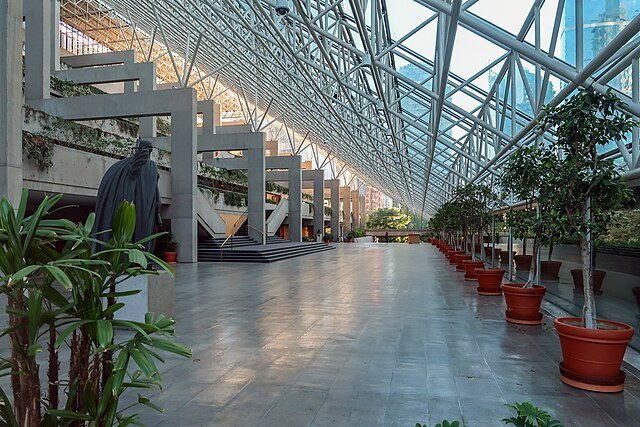If you disagree with a decision of the BC Provincial Court or BC Supreme Court, you can ask a higher court to review the decision of the judge to determine if the judge made any errors in that decision. This review is called an appeal. The appeal court will determine whether the judge made an error in applying the law, in reviewing the facts, or a combination of these. If the higher court finds that the lower court made an error, it can overturn the decision or order a new trial.
An appeal court is concerned only with identifying errors of law and mixed fact-and-law. It will not re-hear a case from beginning to end, and it will not change or overturn a decision simply because it does not agree with some part of the decision or finds some part of it unfair. The appeal court focuses on whether the appellant shows that the decision-maker made a legal or factual error that affected the outcome of the case.
To successfully start an appeal, you must act quickly and follow the correct procedures, which we describe below.
BC Supreme Court Decisions
To appeal an unfavourable decision of the BC Supreme Court, you must file an appeal at the BC Court of Appeal. Within 30 days of the date of the decision you are appealing, you must do the following:
- prepare a Notice of Appeal;
- file the Notice of Appeal at the BC Court of Appeal registry;
- pay the court filing fee; and
- serve a copy of the filed Notice of Appeal on the respondent(s).
The BC Court of Appeal does not automatically hear an appeal of every case. You will be able to appeal nearly any BC Supreme Court civil or family trial decision. But for some other types of decisions, you will have to ask the Court of Appeal’s permission to appeal, called “leave to appeal”. Typically, decisions requiring leave to appeal are orders made at case management conferences (such as case planning conferences or trial management conferences), interim orders, orders about procedural matters (such as those granting or refusing time extensions), and orders dealing only with costs. Section 11 of the Court of Appeal Rules sets out the full list of the types of decisions that require leave to appeal.
BC Provincial Court Decisions
To appeal a decision in a Small Claims civil matter or Provincial Court family matter, you must file the appeal at the BC Supreme Court, which is the court level above the Provincial Court. The BC Supreme Court has final jurisdiction over Small Claims appeals, and the parties cannot further appeal the BC Supreme Court’s appeal decision to the BC Court of Appeal.
To start an appeal of a Provincial Court decision, within 40 days of the decision you wish to appeal, you must prepare a Notice of Appeal, and file it at the Supreme Court registry closest to the Provincial Court which issued the decision you seek to appeal. You must also serve a copy of the filed Notice of Appeal on the other party.
In addition, you must pay a deposit of $200 to the Supreme Court registry, which is security for a costs award to the other party if you lose your appeal. If you win your appeal, the court will return the deposit to you. You must do all this within 40 days after the court decision you seek to appeal.
Transcripts and Arguments
In both Supreme Court and Provincial Court appeals, once the respondent has been served with the Notice of Appeal, the appellant must take steps to order a transcript of the proceeding that culminated in the court decision under appeal. The appellant must then file a copy of the transcript at the court registry, along with a copies of evidence submitted in the original proceedings (such as exhibits, affidavits and other documents) and serve a copy of these materials on the other party.
After that, the appellant must prepare a written argument (called a “factum”) setting out the grounds for the appeal, file it at the court registry, and serve it on the respondent. The respondent will then have a period of time to prepare and file a reply argument, and serve it on the appellant.
Thereafter, the court will schedule a date for the hearing of the appeal, and the parties will appear in court to speak to and reply to the appeal.
Legal help for Appellants and Respondents
If you want to appeal a court decision affecting you, or need to respond to another party’s appeal of a decision affecting you, we are happy to help. We will review the decision, provide you with advice on the prospects of success of the appeal, and assist you in every step of the appeal process.
